Paladins are a versatile class among Baldur’s Gate 3 players; they’re good with beginners and experts, and proficient in combat, support, and dialogue options. According to Larian Studios, Paladin was the most popular class among all players during the opening weekend.
Are you starting from scratch and wanting to be a paragon of justice? There are various ways you can approach a Paladin, depending on your playstyle and how you want to conform to your party. Paladin is an exceptionally good class at being a frontline support character, and they’re protective of everyone else by their side. Here’s what you need to know about building the perfect Paladin for BG3.
Best starting race, stats, and subclass for Paladin in Baldur’s Gate 3
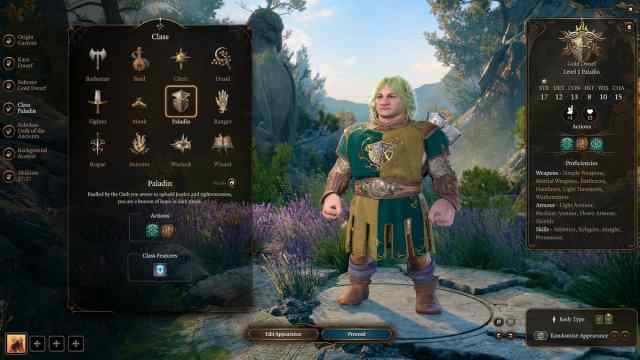
There are several ways you can approach creating a Paladin. We have some specific choices for you to consider on what we believe is the best build, but something else might fit your playstyle. When creating your character, it’s good to keep your Paladin’s Strength and Charisma stat high, as these are the fundamental abilities they use in combat, and these sync with many of their Skills. You also want to give them a high Constitution, as they are regularly on the frontline of combat and require a good amount of health.
Those are the important ability scores to keep in mind, but we have some more precise examples for you to bring out the best in your Paladin. Here’s a breakdown of the best race, stats, subclass, and spells you want to consider when creating a Paladin in BG3.
Best Paladin race in BG3
There’s no single decisive answer to what the best race is for playing a Paladin, but several of the races are solid choices for different reasons:
- Half-Orc: Relentless Endurance and Savage Attacks are solid additions to the up-front style of the Paladin.
- Halfling (Strongheart): Get a second roll if you roll a one with the Lucky feature, and gain Advantage on saving throws against Poisoned and Frightened with this race/subrace combo.
- Dwarf (Gold Dwarf): Extra HP per level and Advantage on saving throws against Poisoned.
Best starting stats for Paladin in BG3
The default starting stats for the Paladin are almost perfect, with one small change needed. Given that you will likely utilize heavy armor, I would substitute the two Dexterity points for one more in Constitution to get that modifier up to +2.
Your starting stats should look like this:
- Strength: 17 (+3)
- Dexterity: 10 (+0)
- Constitution: 14 (+2)
- Intelligence: 8 (-1)
- Wisdom: 10 (+0)
- Charisma: 15 (+2)
With this stats build, you can spend your first feat at level four on Ability Improvement to get Strength and Charisma up to +4 and +3, respectively. But more on that later.
Best subclass for Paladin in BG3
I find Oath of the Ancients to be the best choice of Paladin subclasses. The Healing Radiance action is a superb group heal spell and one that gets even more powerful as you level up. Later on, Nature’s Wrath and Turn the Faithless offer great crowd control options, and the Aura of Warding permanent effect at level seven is so useful; negating half the damage everyone in the party takes from spells.
For anyone who wants to create a more aggressive Paladin, the Oath of Vengence is an excellent choice. You’ll want to go with this option if you’d prefer to be more of a frontline combatant with your party. Alternatively, you can always break your oath as a Paladin and become an Oathbreaker.
Best spells for Paladin in BG3
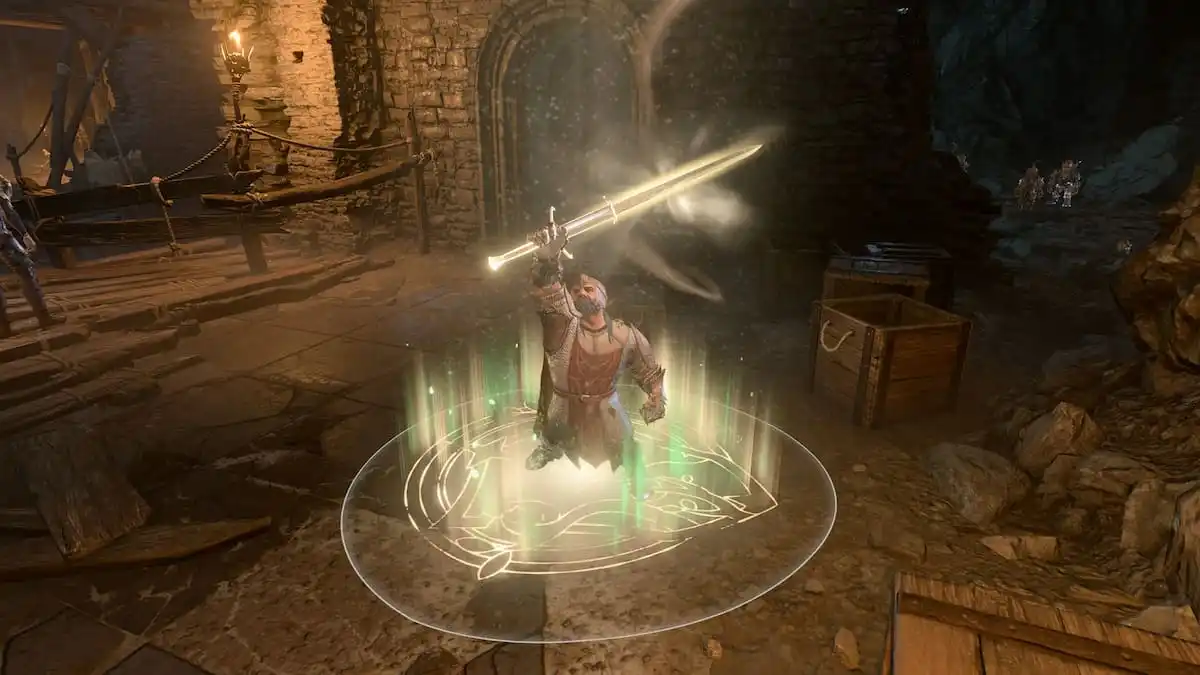
All four Paladin subclasses, even the Oathbreaker, will have the same spell selection choices. You’ll start with level one spells at Paladin level two, then you can use level two spells at Paladin level five, and finally level three spells at Paladin level nine.
Here are some of our suggestions for Paladin spells:
Level one spells
| Spells | Description |
|---|---|
| Bless | Bless up to three creatures. They each receive a +1d4 bonus to Attack Throw and Saving Throws for 10 turns. Requires Concentration. |
| Command | Command a creature to flee, move closer, freeze, drop to the ground or drop their weapon. |
| Cure Wounds | Heal 1d8 damage to someone in melee range. |
| Thunderous Smite | Deal +2d6 Thunder damage on top of a melee attack, pushing your target away three meters and possibly knocking them Prone. Target must pass a Strength save to stay up. |
Bless is a great buff to cast on the whole party during a fight. Thunderous Smite provides extra crowd control effects potentially on top of the extra damage dealt, and doesn’t break your active Concentration.
Level two spells
| Spells | Description |
|---|---|
| Aid | Heal your allies and increase their maximum hit points by five. Lasts until Long Rest. |
| Lesser Restoration | Cure a creature from disease, poison, paralysis or blindness. |
Level three spells
| Spells | Description |
|---|---|
| Blinding Smite | Deal +3d6 Radiant damage on top of a melee attack, and potentially Blinding your target. Target must pass a Constitution save to not be Blinded. |
| Remove Curse | Touch a creature to remove all curses or hexes affecting it. |
| Warden of Vitality | While this aura lasts for 10 turns, you can cast Restore Vitality as a bonus action to heal yourself or nearby allies. |
Warden of Vitality is one of the most powerful healing spells in the entire game, it should absolutely be your first level three spell option. I also love Blinding Smite because, like Thunderous Smite, it does not break your active Concentration, which other Smites do.
Best feats for Paladin
Here are the suggested feats to take at each level:
- At level four, take the Ability Improvement feat and get your Charisma up to 18 and your Strength up to 16.
- At level eight, choose the Charger feat, allowing you to gain Charger: Weapon Attack and Charger: Shove, which are great tools for starting fights.
- At level 12, take Shield Master. You gain a +2 bonus to Dexterity Saving Throws while wielding a shield. On a failed Saving Throw, you only take half damage. On a successful Saving Throw, you don’t take any damage. This couples nicely with either the Defence or Dueling fighting style.
Other tips for playing Paladin in BG3
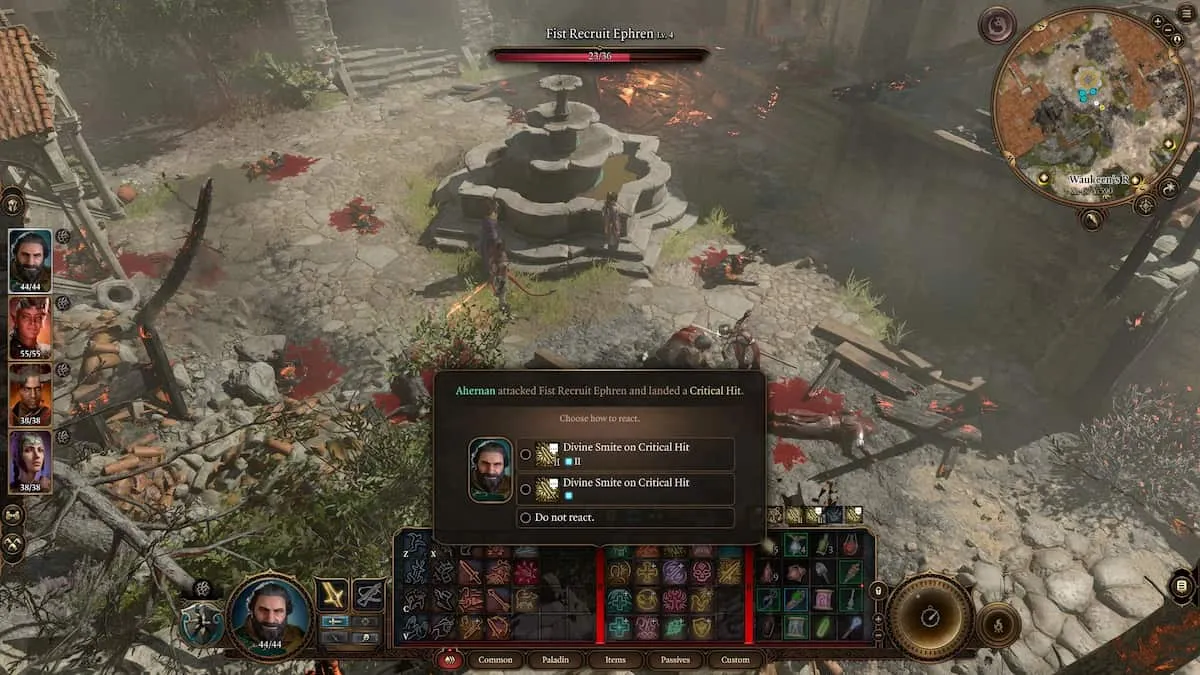
- Choose Defence or Dueling fighting style, but either way go with heavy armor, a shield, and a one-handed weapon. Defense will increase your AC by 1 while wearing armor, and Dueling gives you +2 damage to any one-handed weapon, even if you have a shield in the other hand, provided the weapon is not Versatile.
- Change your Divine Smite reaction settings. Hit “L” to open Reactions and check all the Divine Smite boxes, and the Ask checkbox. This will give you the option of using Divine Smite after successfully connecting with a melee attack and removes the risk of missing your attack and wasting it. I cannot tell you how many times I wasted a spell slot by missing an attack while casting Divine Smite.
Others Asked
What choices does a player have when creating a character in Baldur's Gate 3?
Players can choose their character's race, class, subclass, abilities, proficiencies, and background when creating a character in Baldur's Gate 3.
What are the recommended ability scores for Paladins in Baldur's Gate 3?
The recommended ability scores for Paladins in Baldur's Gate 3 are Strength: 16, Dexterity: 10, Constitution: 14, Wisdom: 10, Charisma: 16, and Intelligence: 8.
What are some class changes suggested by players for different characters in Baldur's Gate 3?
Players suggested changing Astarion into a Bard, Karlach into a Monk or an Eldritch Knight, and Shadowheart into a Light Cleric.


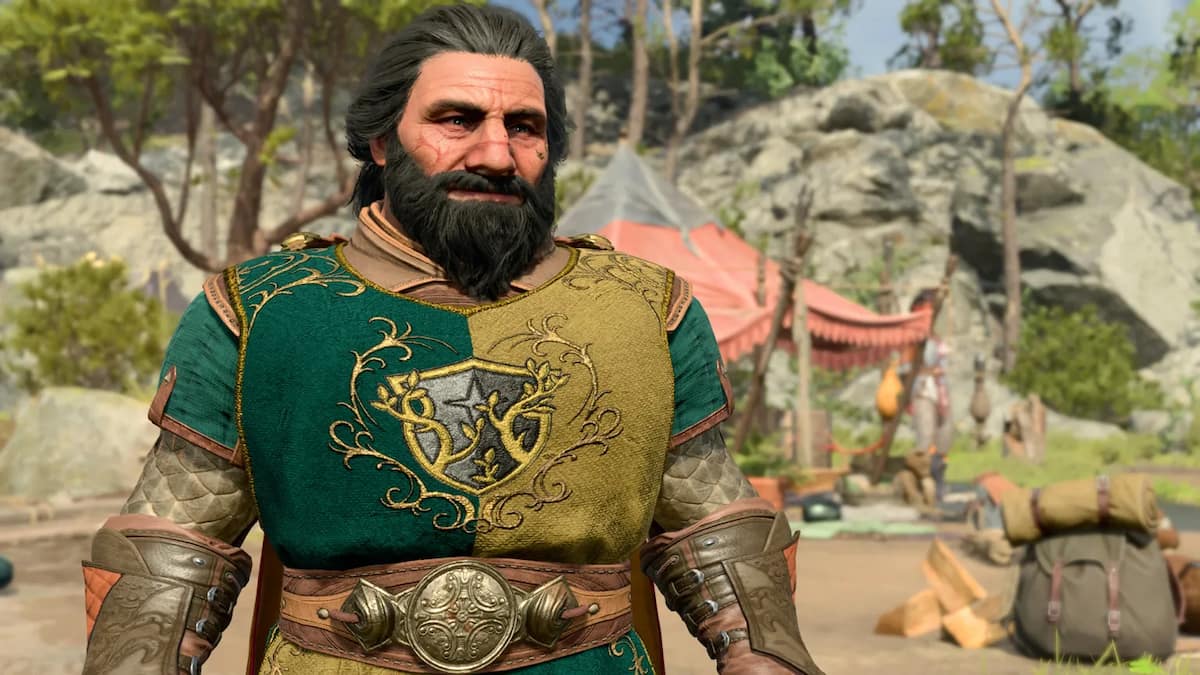
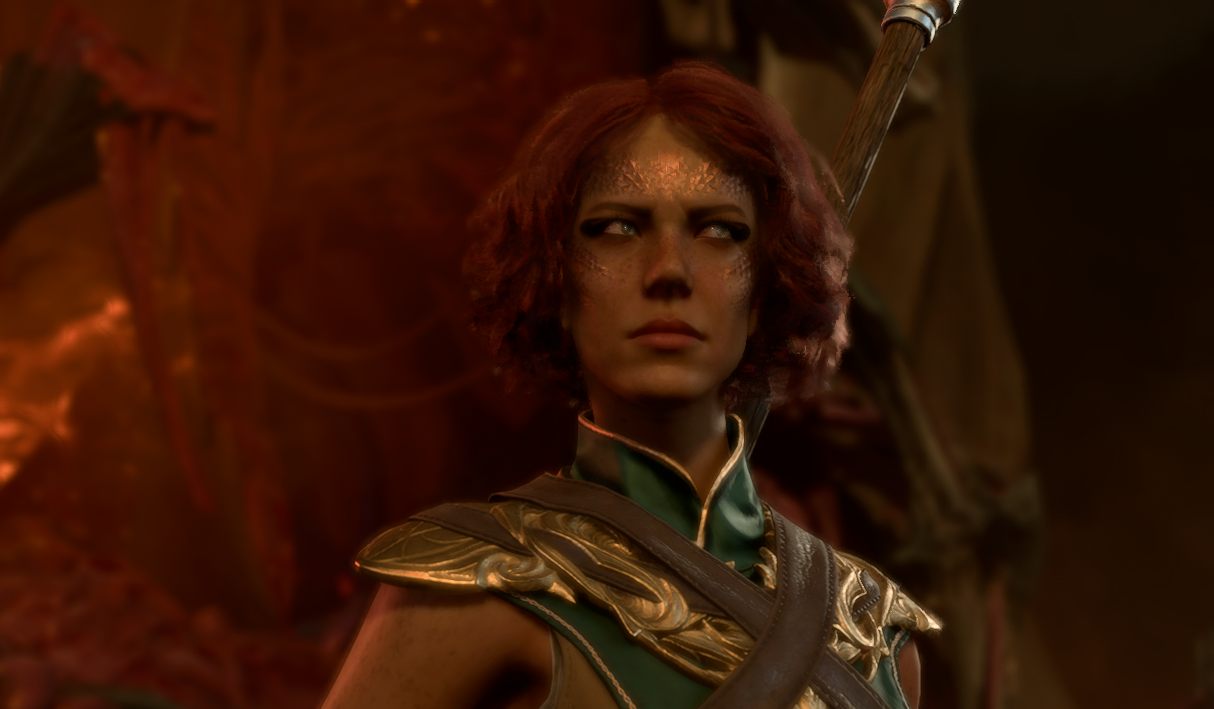
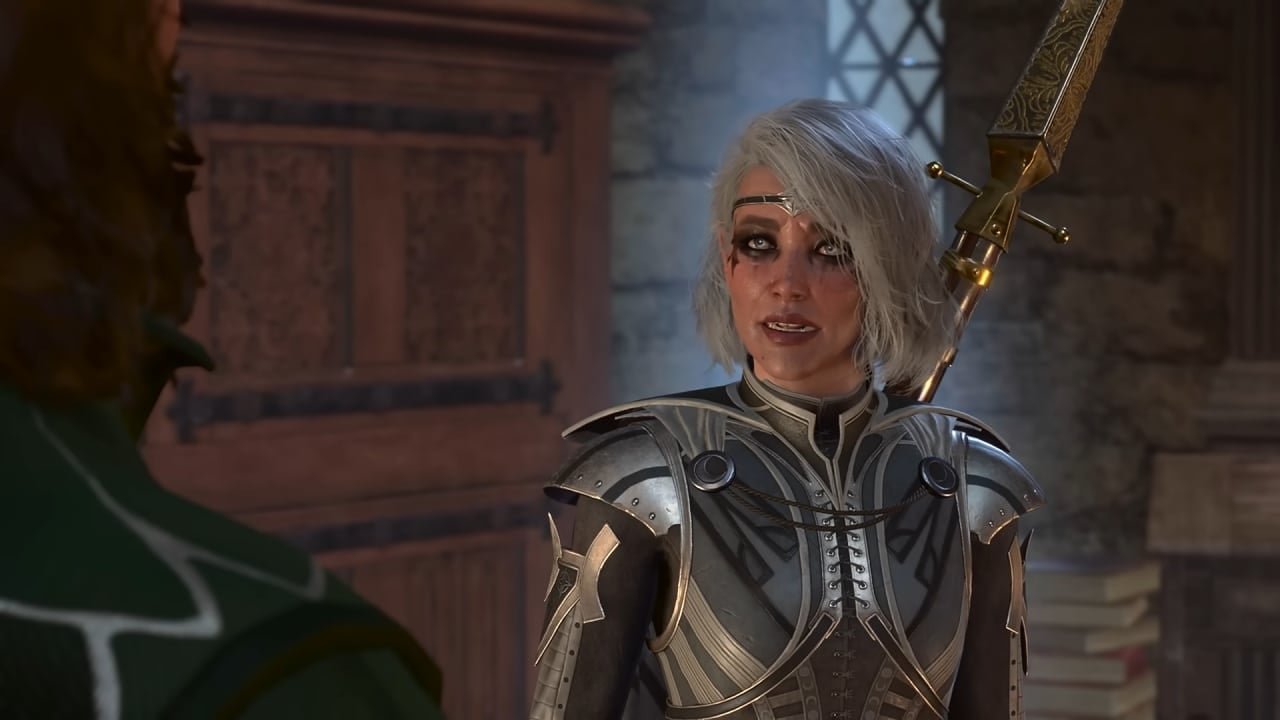
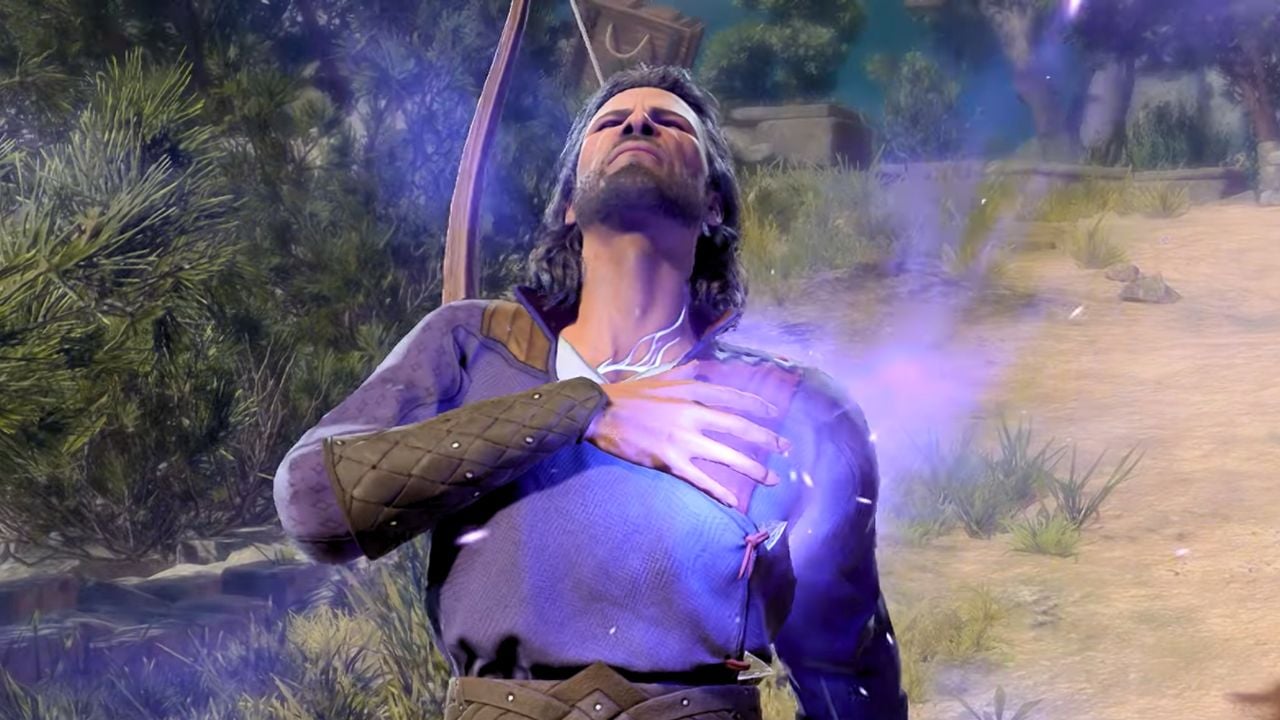
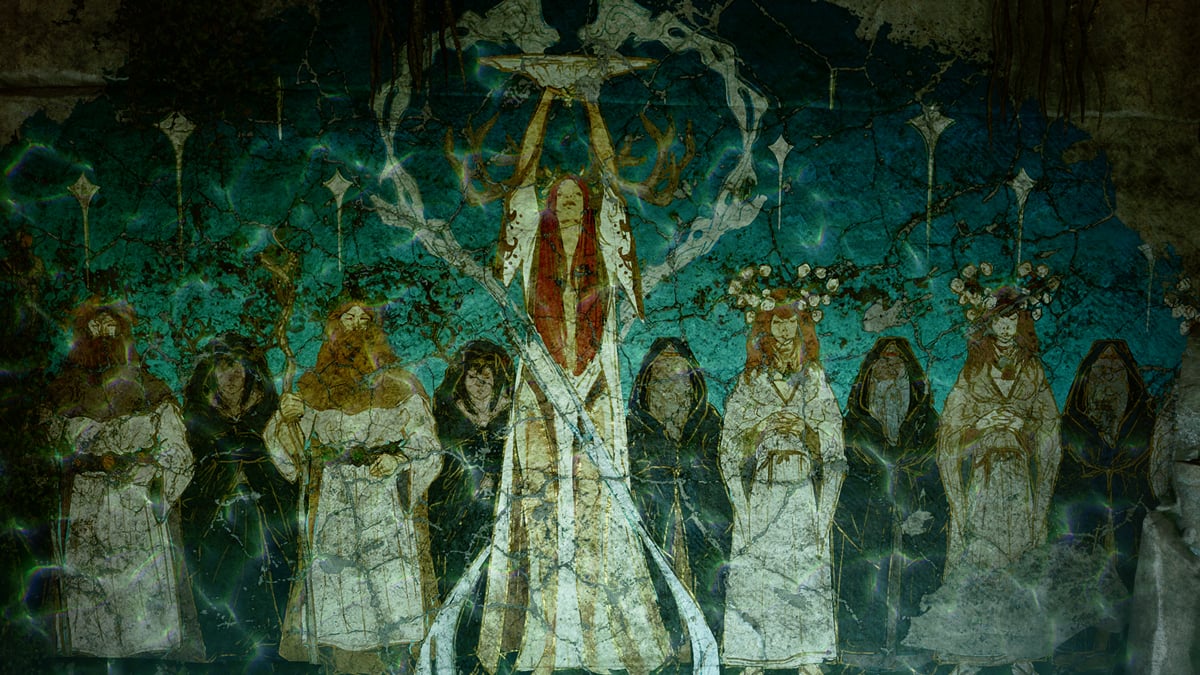
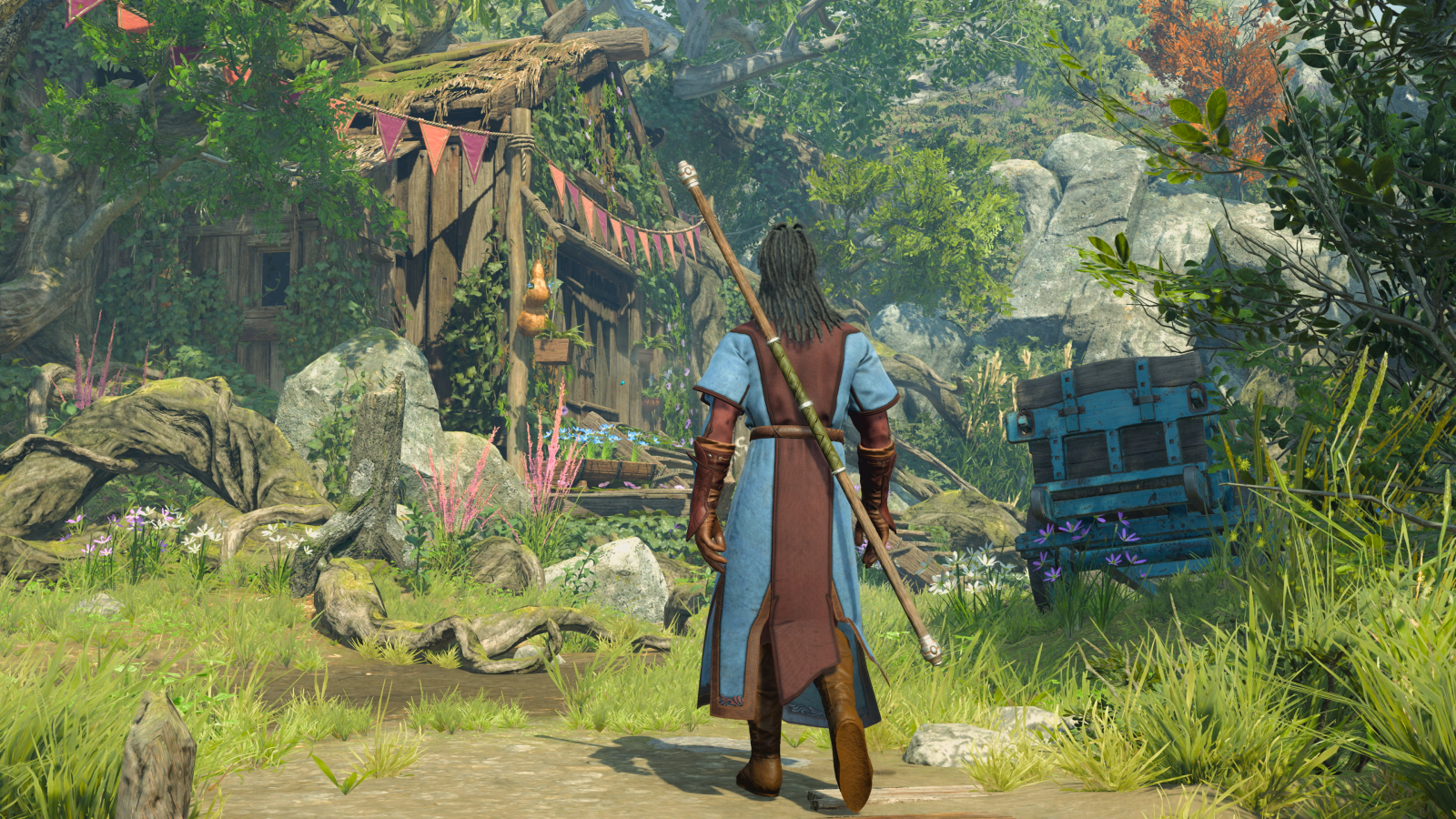



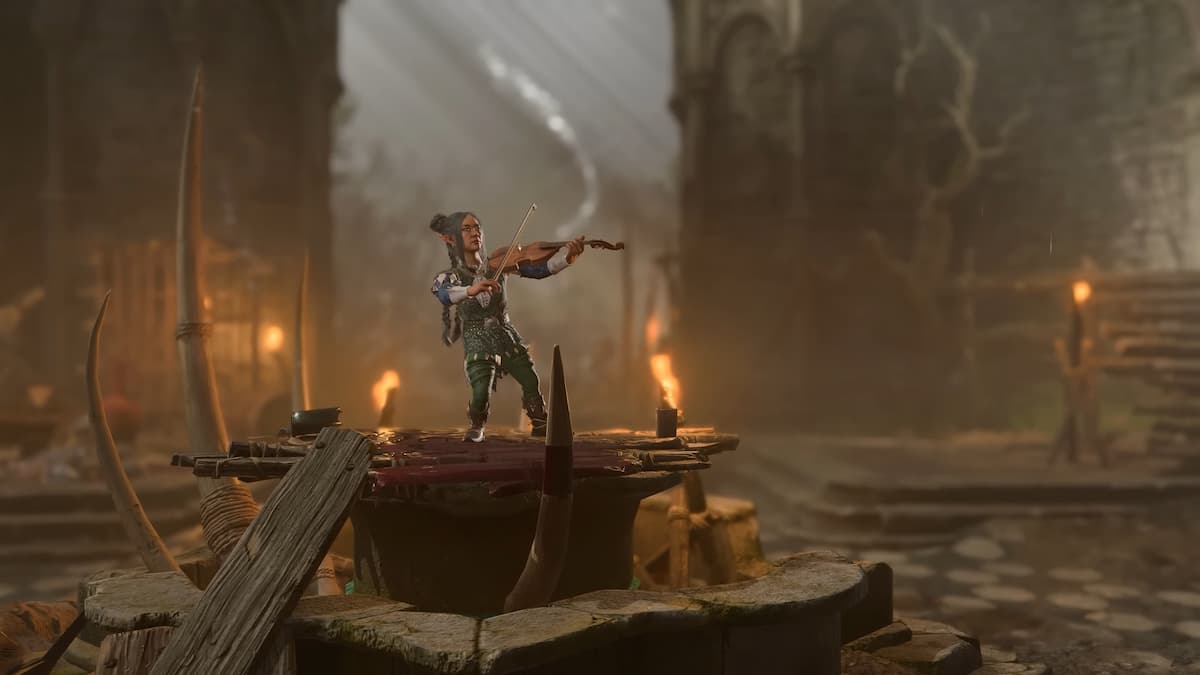
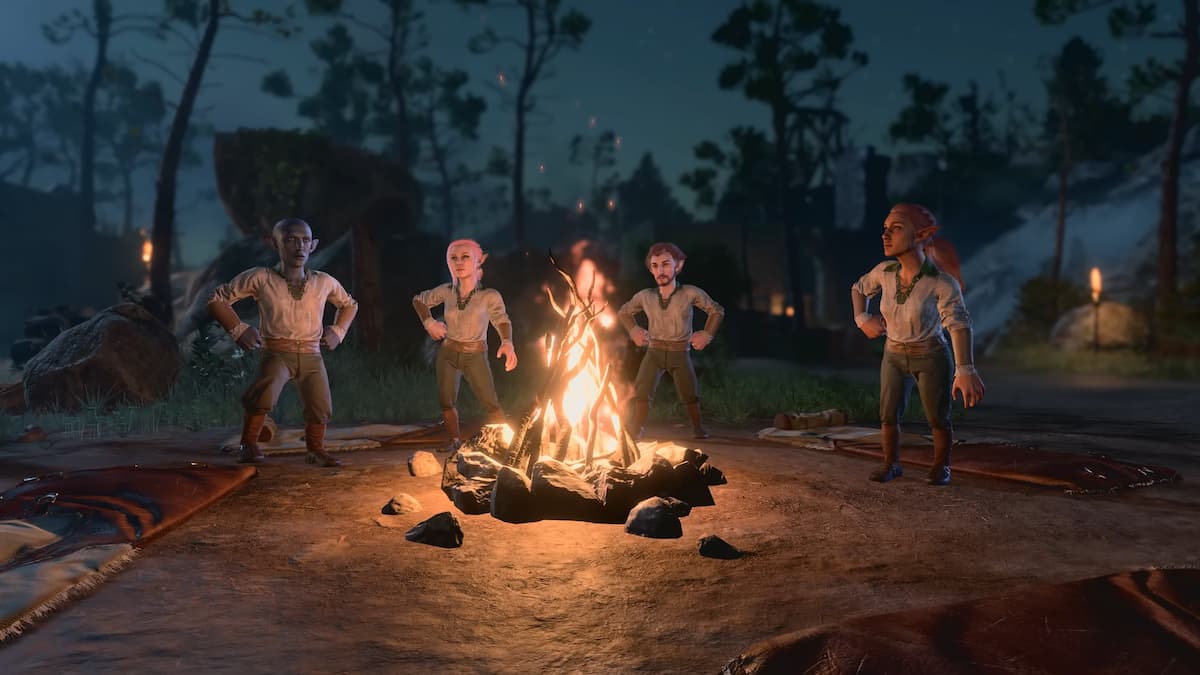
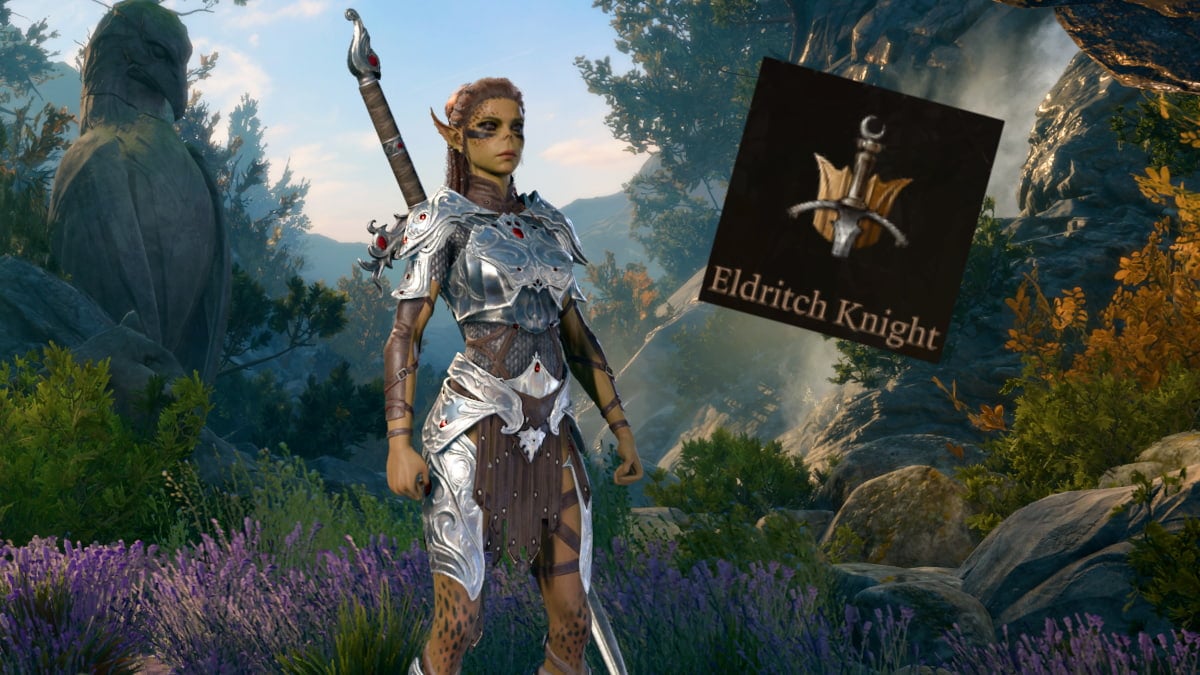



Published: Oct 22, 2024 11:14 am